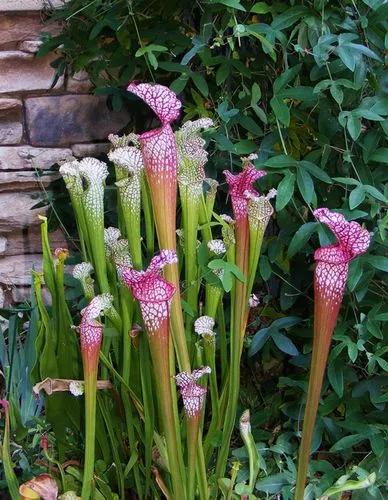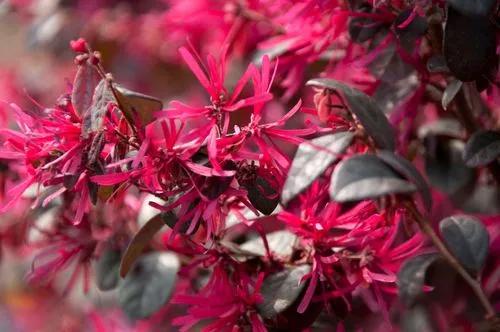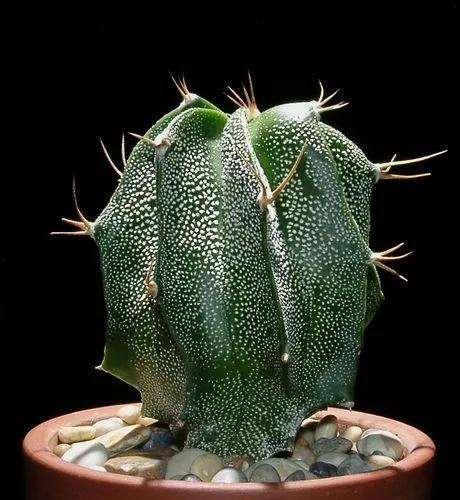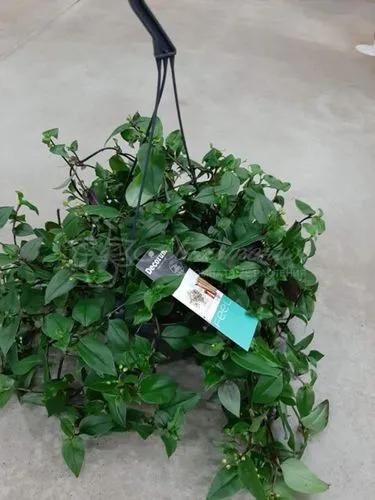Orbea variegata is a species of flowering plant in the family Apocynaceae, known as the star flower. It is native to the coastal belt of the Western Cape, South Africa, growing actively during the winter rainfall season.
Orbea variegata Care
Orbea variegata



Growing to 10 cm (3.9 in) tall by 50 cm (20 in) broad, Orbea variegata is a leafless succulent perennial with cactus-like toothed stems, and highly variable, star-shaped, off-white or yellow flowers strongly speckled with maroon, up to 8 cm (3.1 in) in diameter. The flowers may show regular (banded) markings, or irregular ones. They have five pointed or blunt lobes surrounding a central, pentagonal annulus (corona). The flowers may have a faint carrion smell to attract potential insect pollinators. This plant is popular in cultivation, and is often sold under its former name Stapelia variegata. It has many common names, including starfish plant, starfish cactus, carrion cactus, carrion flower, toad cactus, toad plant.
How to Care for the Plant

Water

Watering: wait for a soil to dry completely between waterings. Water sparingly at all times and very little during a winter. Wait for a stems to shrivel a bit in wintertime before watering slightly.

Pruning

Use sharp pruning shears to remove the sucker branches and the errant branches that are growing in the wrong direction or making it difficult to fertilize the tree. Since lemon cypress has a conical habit, trim the tree as per its natural shape. Trimming should be done every week during the summer.

Fertilizer

give it a balanced fertilizer

Sunlight

They do not like full sun and many of them will become very damaged or will not survive very long when they receive too much direct sunlight. Instead, expose them to indirect, filtered sunlight.

Soil

Avoid using heavy soil. It may be too compacted for your potted plant and won't allow air to get to the roots.

Temperature

This plant can be grown outside in the areas with the lowest winter temperatures of 20°F (−6.7°C) to 50°F (+10°C). Inside, average room temperatures from 65°F-75°F (18.3°C-23.8°C) will suffice.

Container

Ceramic pots are the most popular type of containers for houseplants today. You'll find them in all kinds of styles, colors, and sizes. At one time, the clay pot was the most common container for indoor plants. When choosing a pot, choose a pot that is 2.5-5 cm (1-2”) larger than the current size.

Popularity

5,421 people already have this plant 1,159 people have added this plant to their wishlists
Discover more plants with the list below
Popular articles






